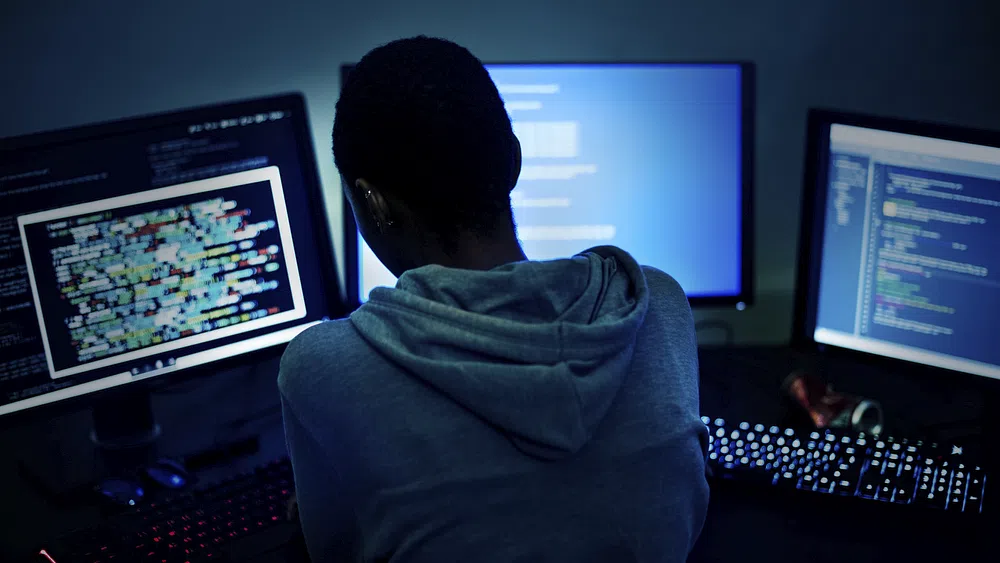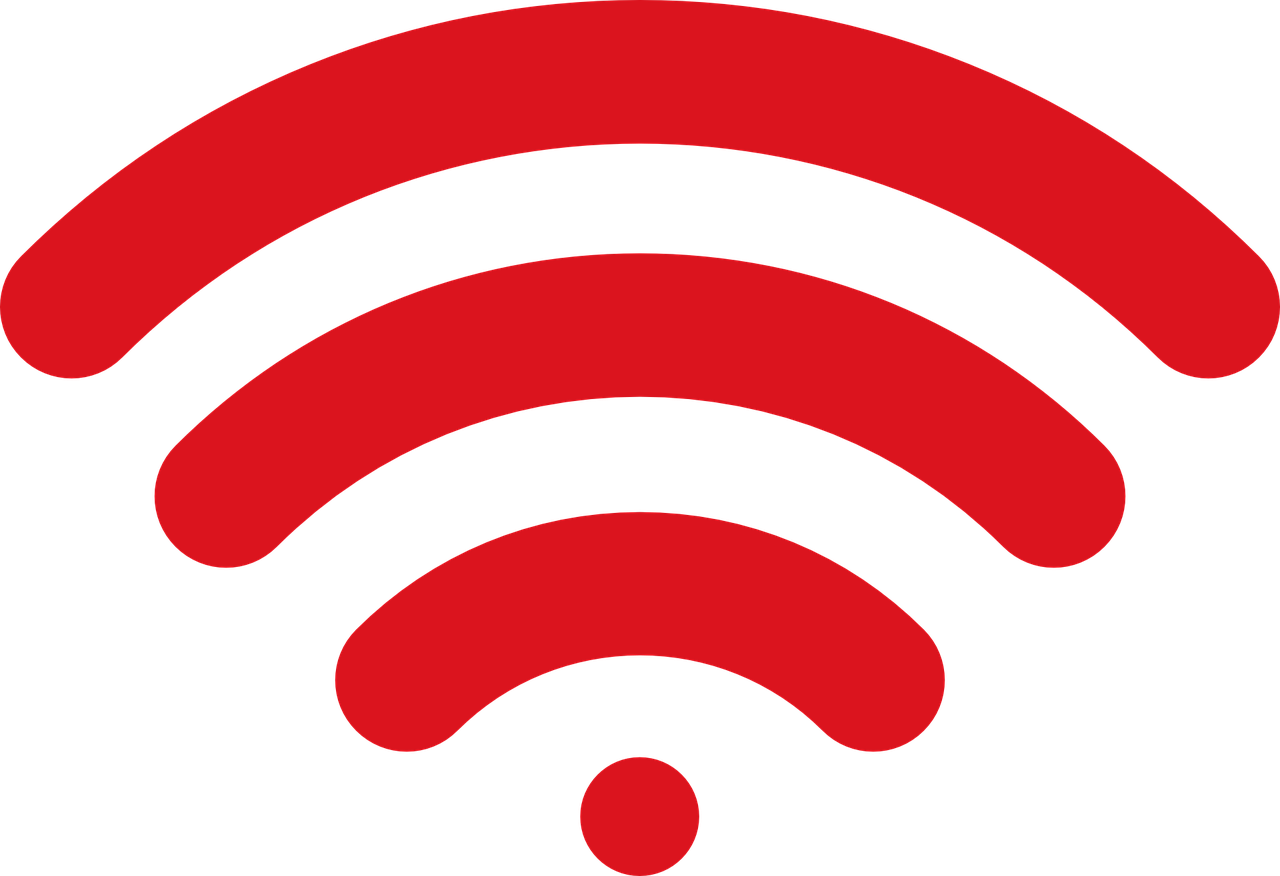Public free WiFi can be a lifesaver in any situation you may be in, providing endless entertainment, a way to connect to the virtual world & much more. You may even think, “Awesome” once you connect to it, often skipping the terms & conditions. Who reads those, right?
It’s quite the opposite of all of that. Free public WiFi is quite dangerous, often invading our privacy and selling our data to corporations simply because we didn’t read the terms & conditions.
At times, they control what we can view online and what we can’t, making it very restrictive. You may think this is something out of a movie or science fiction; however, this happens more often than you may think, with innocent public users being affected globally.
Table of Contents
Public Wi-Fi is More Insecure Than You Think
Don’t think so? Let’s compare a few agencies across the world to see what we agree to each time you hit “I agree” to the terms & conditions of using free WiFi.
To most people’s surprise, many of the terms & conditions public WiFi hotspots have, make us openly agree to be intrinsically insecure to possible privacy threats, including data theft.
- Sydney Airport: “The internet is inherently insecure means of communication. While Sydney Airport will use reasonable means to provide secure access, it cannot always guarantee the hotspot’s security.”
- University of Western Sydney: “Welcome to Western Sydney University. You have joined the Guest WiFi hotspot, which is an insecure medium in nature. With most guest networks, any information being sent or received could be intercepted by another wireless connection”.
- Starbucks Coffee: “Starbucks Coffee Customer WiFi hotspot is subject to the following terms and conditions. Starbucks Coffee does not guarantee interference with the integrity or performance of the hotspot, network, or equipment. It may contain trojan horses, worms, time bombs, cancelbots, and other computer programming routines that may damage, interfere, or intercept access.”
- Jefferson Lines: “Welcome to Jefferson Lines, free WiFi service according to Network Acceptable Use Policy is a free public service to our passengers only. To access this WiFi service, you must accept that your device is running an up-to-date anti-virus as the network may contain viruses, trojan horses, DDOs attacks, intrusions, and other threats”.
- Swiss Alps Inn: “The Swiss Alps Inn free WiFi Hotspot. In this terms and agreement, you accept that YOU ARE RESPONSIBLE FOR YOUR OWN SECURITY & PRIVACY as this network may contain viruses, intrusions, trojan horses, DDoS attacks and many more threats to your wireless device”.
These terms & conditions aren’t made up either. These are real-life scenarios millions have been encountered quite often. So, with these sounding frightening, let’s investigate precisely, What makes public WiFi networks so bad? and what could happen if we aren’t appropriately protected while connected to one.
What makes Public Wi-Fiso Bad?
Whenever you decide to connect to a free public WiFi network you expose yourself. Any bystander can see what sites you browse and which applications you use. It’s so bad, it’s almost like giving the keys of your house to a stranger; like completely exposing your bank account passwords or running in public nude.
Often the bystanders we mentioned above can see collect your data. With it, they can, spend your money, blackmail you, use the information for ransom, or incriminate you in one way.
The worst part is, they don’t even need to be near you to collect all this data; Like you, the hacker can connect to the router from a distance. From there they can scan all the incoming and outgoing traffic passing through that router. Scary right?!

Hackers can initiate several attacks, ranging from Man-In-The-Middle attacks, Malware Distribution, and Snooping & Sniffing. All of which inherently have the end goal of intruding into the network & either stealing or destroying your personal belongings.
With such attacks & dangers, let’s check exactly how we can combat such invasions of privacy & attacks.
How can you Stay Protected?
Let’s say you need to access the internet and have no other source. How can you stay safe?”. Well, the answer is quite simple. For example, sake, let’s assume someone is trying to hack into your phone because you connect to a public free WiFi source with a sniffing & snooping application.
Using a VPN effortlessly prevents all this. VPNs (As known as Virtual Private Networks) create an encrypting tunnel between the server and your device, making it virtually impossible to decipher the information. It also stops any malicious code injections or alterations in communication.

Let’s build tomorrow,
together.
14 years in business and 330+ customers say we do it right
What else can you do?
Using VPNs isn’t the only way to stay protected on public WiFi networks. Using SSL Connections can also help, so don’t worry if you don’t have a VPN; you’re not entirely hopeless. Always enable the “Always Use HTTPS” option when browsing on public WiFi. Malicious sites don’t have this certification enabled, which will warn you before visiting.
Another option for staying safe is to let your OS know you are on a public network. This will disable file sharing while connected to these networks, making you less susceptible to intrusion attacks. It will also save your data integrity & keep your personal belongings safe where they belong. Our final tip and one that users often overlook is to always log out of accounts when you’re finished on that particular site rather than just closing the site.
Did you know that if you just close the site rather than logging out then closing it, you still stay logged in until the cache refreshes? Especially on public WiFi hotspots, make sure to log out and confirm that you logged out before closing the website entirely.
Wrap Up
As more & more businesses allow the use of public free WiFi sources, it is essential always to remember the dangers & underlining effects it may have on you or your devices.
Make sure to read the terms & conditions that may state surprising information about your browsing session & personal information. There are multiple ways to keep safe if you need to use the public WiFi service most places offer listed above to minimize the detrimental effects.
Big Kitty Labs is one of the leading software development companies in Columbus Ohio that has been developing applications, websites, and software for over 10 years. Contact us for free discovery and consultation on your next project!
